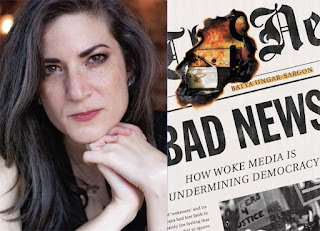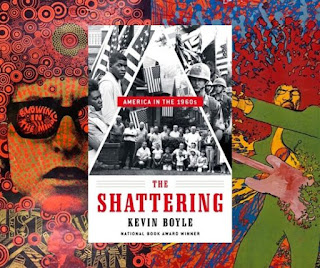Too often when talking about the media and journalism we engage in a board discussion of ideas, policy, and how the levers of power really work
What we often forget is that all of this is made up of people. People who bring to the exercise of power and of reporting on it, their own values, education, and personal history.
In that fact lies much of what is wrong with the media today. It's how we lost sight of the power of class in journalism, why we’ve tried to bury class differences inside racial differences and wokeness.
If all of this sounds too nuanced, Batya Ungar-Sargon, the deputy opinion editor of of Newsweek, helps us understand how it’s shaping our media and democracy in her new work Bad News: How Woke Media Is Undermining Democracy
My conversation with Batya Ungar-Sargon




